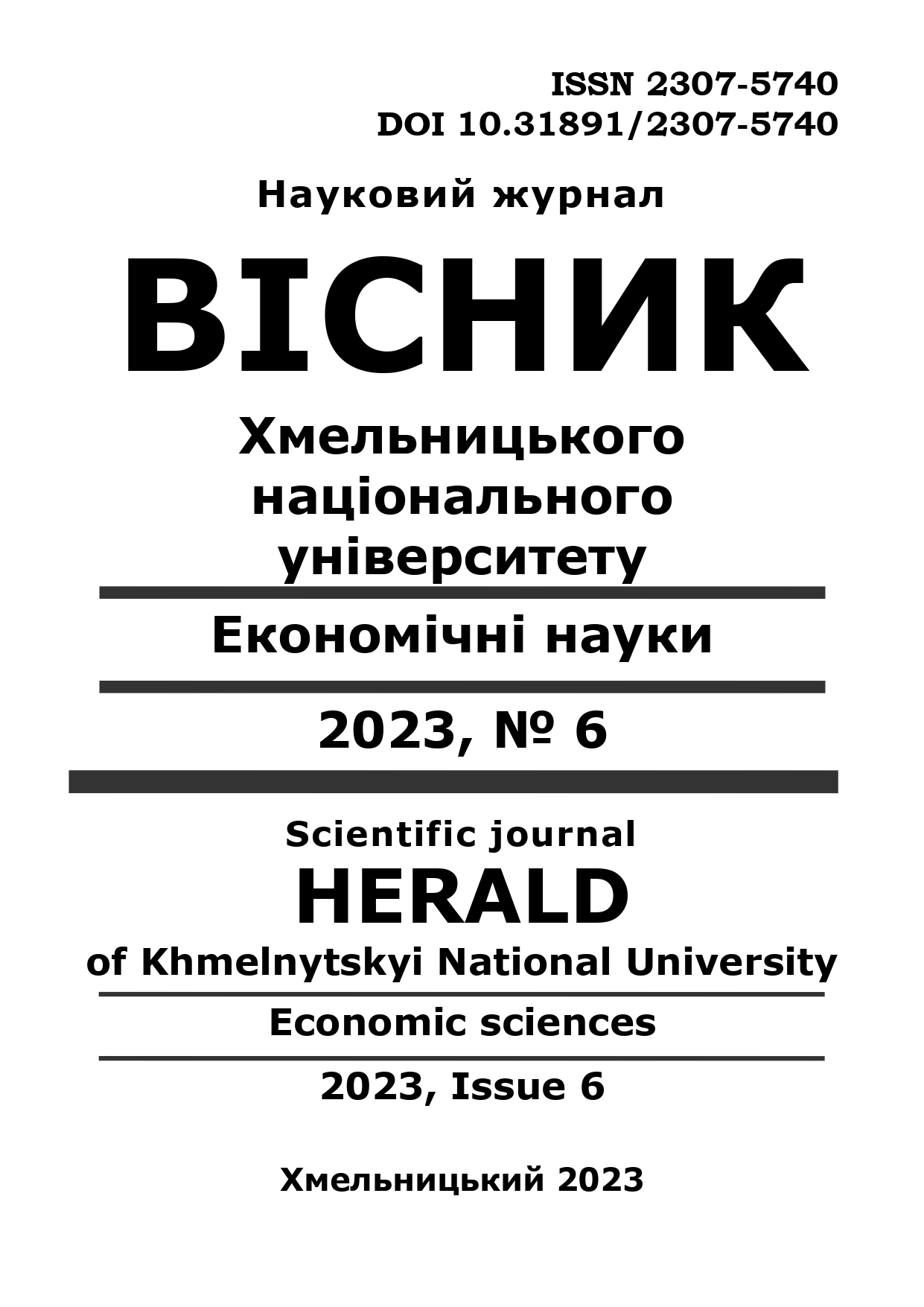USE OF OPEN SOURCES OF INFORMATION TO STUDY THE BUSINESS REPUTATION OF BUSINESS ENTITIES: DOMESTIC EXPERIENCE
DOI:
https://doi.org/10.31891/2307-5740-2023-324-6-55Keywords:
open sources of information, business reputation, business entity, competitive advantage, information and communication management, managementAbstract
Economic transformations in the national and global economy and the spread of crisis phenomena are intensifying competition in the market. In today's environment, business entities have long realized that they cannot afford to delay and wait for the consequences when faced with a deterioration or loss of business reputation among a certain circle of contact groups. In addition, it should be borne in mind that there is a dynamic growth of the Internet audience and a clear shift of communications to the online sphere. Therefore, business reputation plays an important role in the stable position of business entities, which allows them to maintain the level of demand for their products, maintain business relations, attract investments, etc. In addition, business reputation is an important element for business entities today, as it is important primarily for society, as it is the main and impartial subject of its assessment. Business reputation is a full-fledged intangible asset, and therefore the formation, management and use of it as a tool to ensure competitive advantages in the market in a highly competitive environment is becoming increasingly important. At the same time, the operation of any business entity, from the moment of its foundation, forms its reputation in the market among buyers, suppliers, investors and other counterparties. A positive business reputation contributes to the rapid development of an enterprise by increasing the number of potential customers, increasing sales, and, consequently, the company's share in the total market capacity. Thus, the concept of "business reputation" is not abstract, as it is primarily characterized by positive effects in the course of its activities and is accompanied by the corresponding costs of its formation and maintenance at a certain level. Under such conditions, it can be argued that the development and application of effective methods of constructing reputation in accordance with the goals and objectives of reputation management is of strategic importance in the activities of a business entity. And the main task of the top management of any business entity is to form an effective mechanism for managing reputational assets at each stage of the business life cycle, which will ultimately allow achieving a competitive advantage in the market and, as a result, stable functioning in the future.


